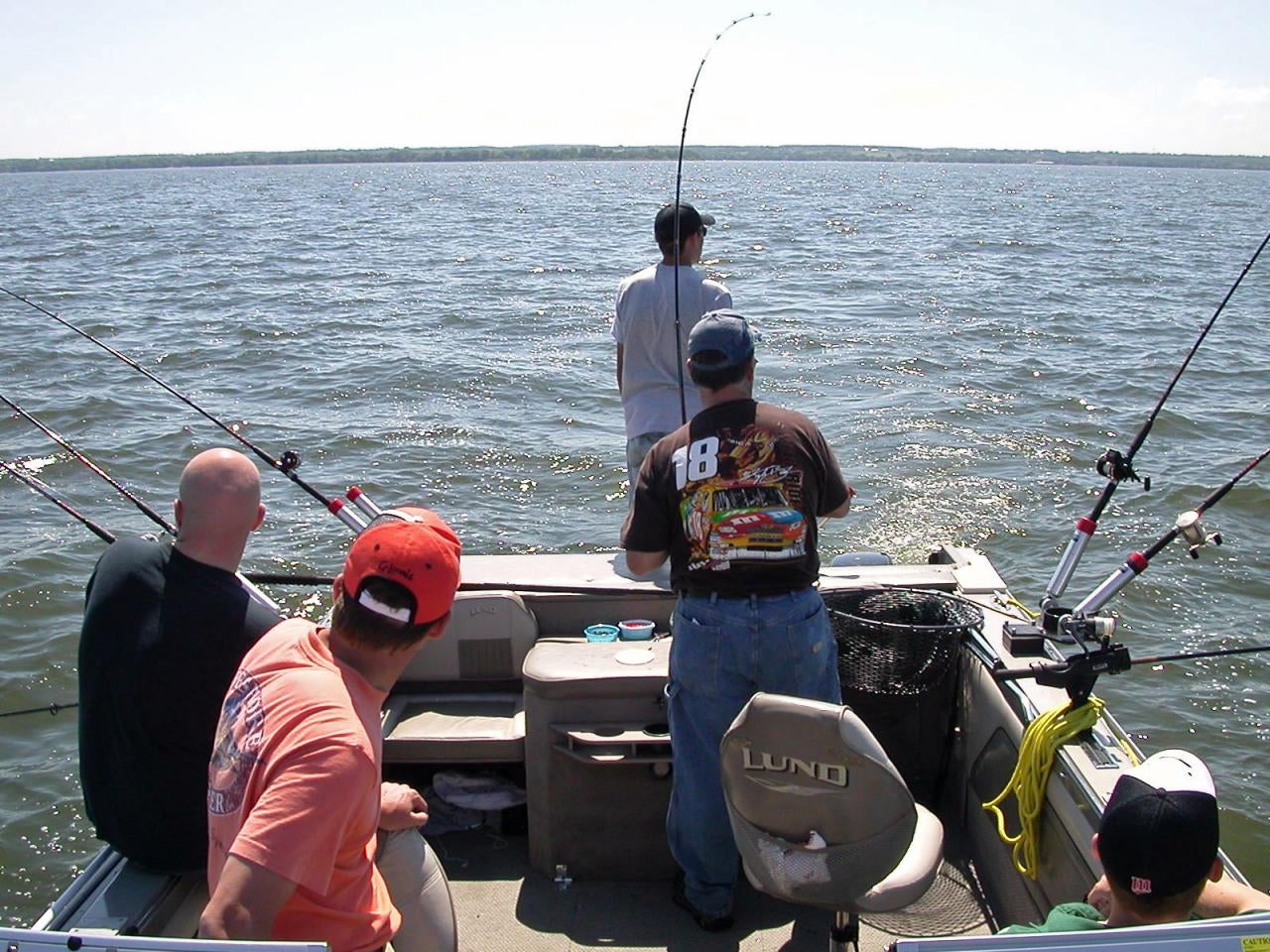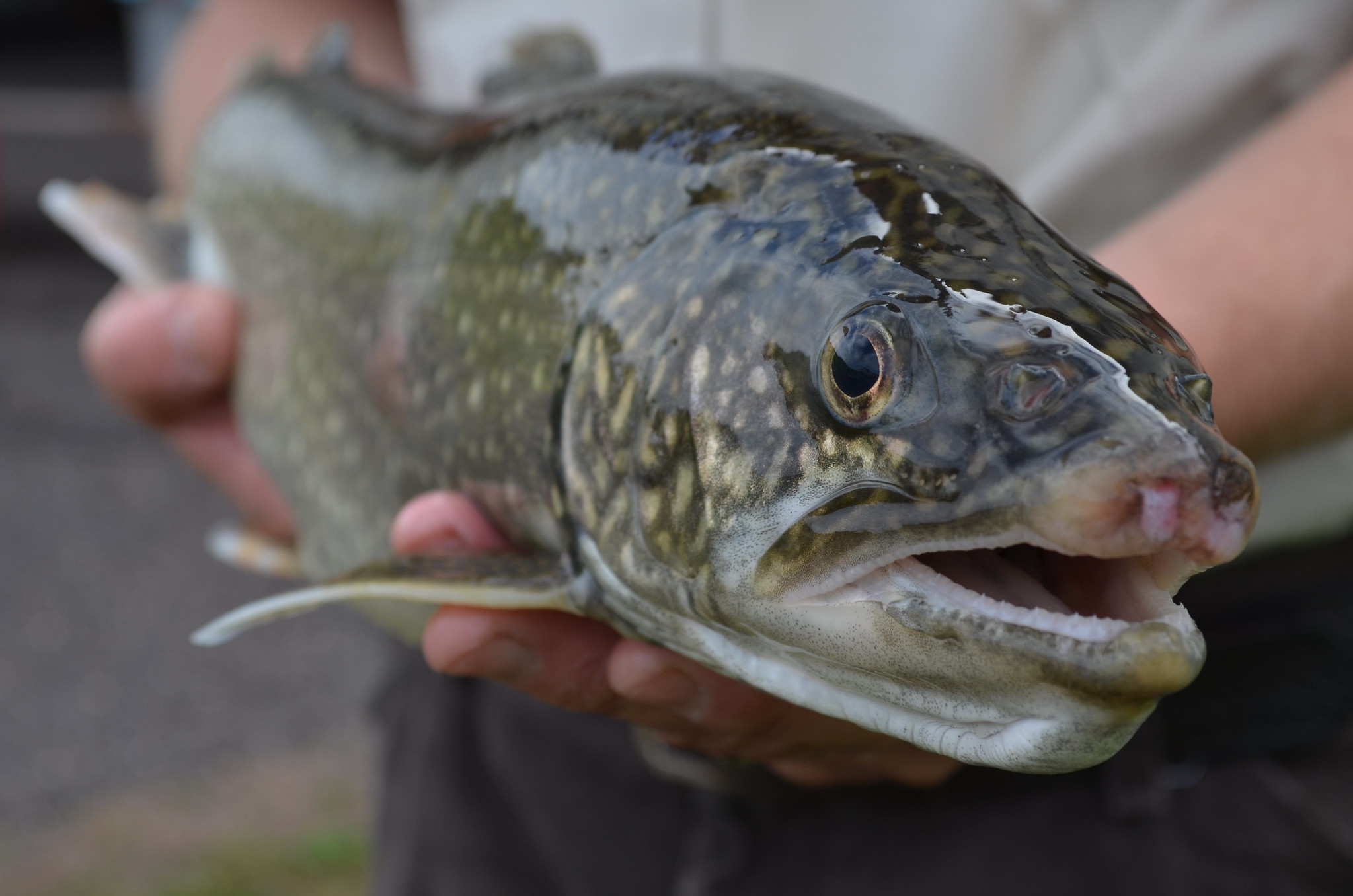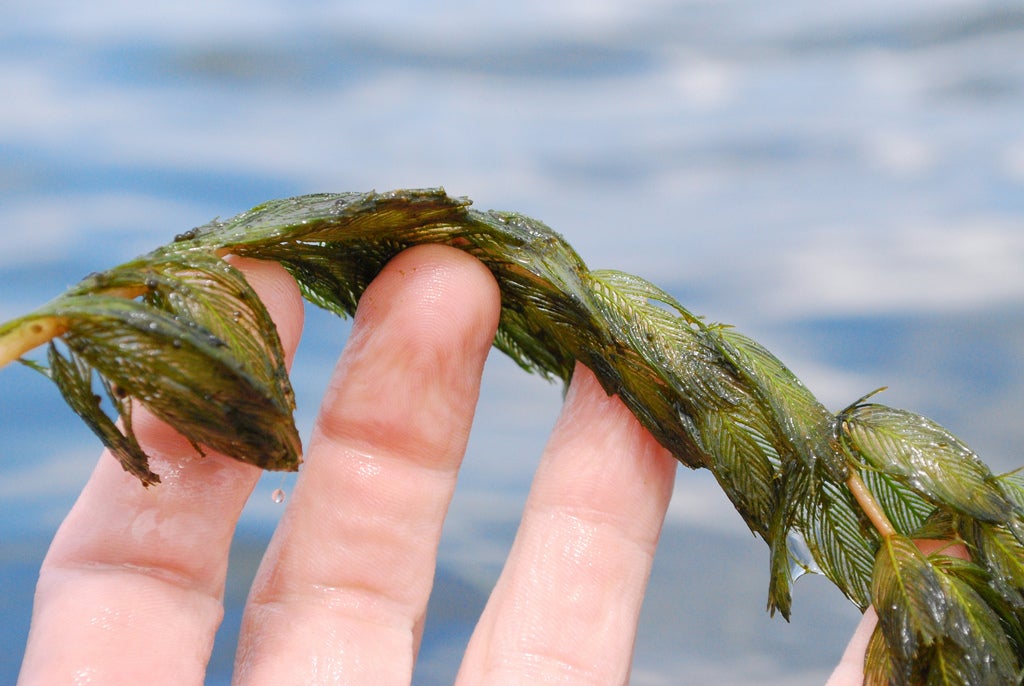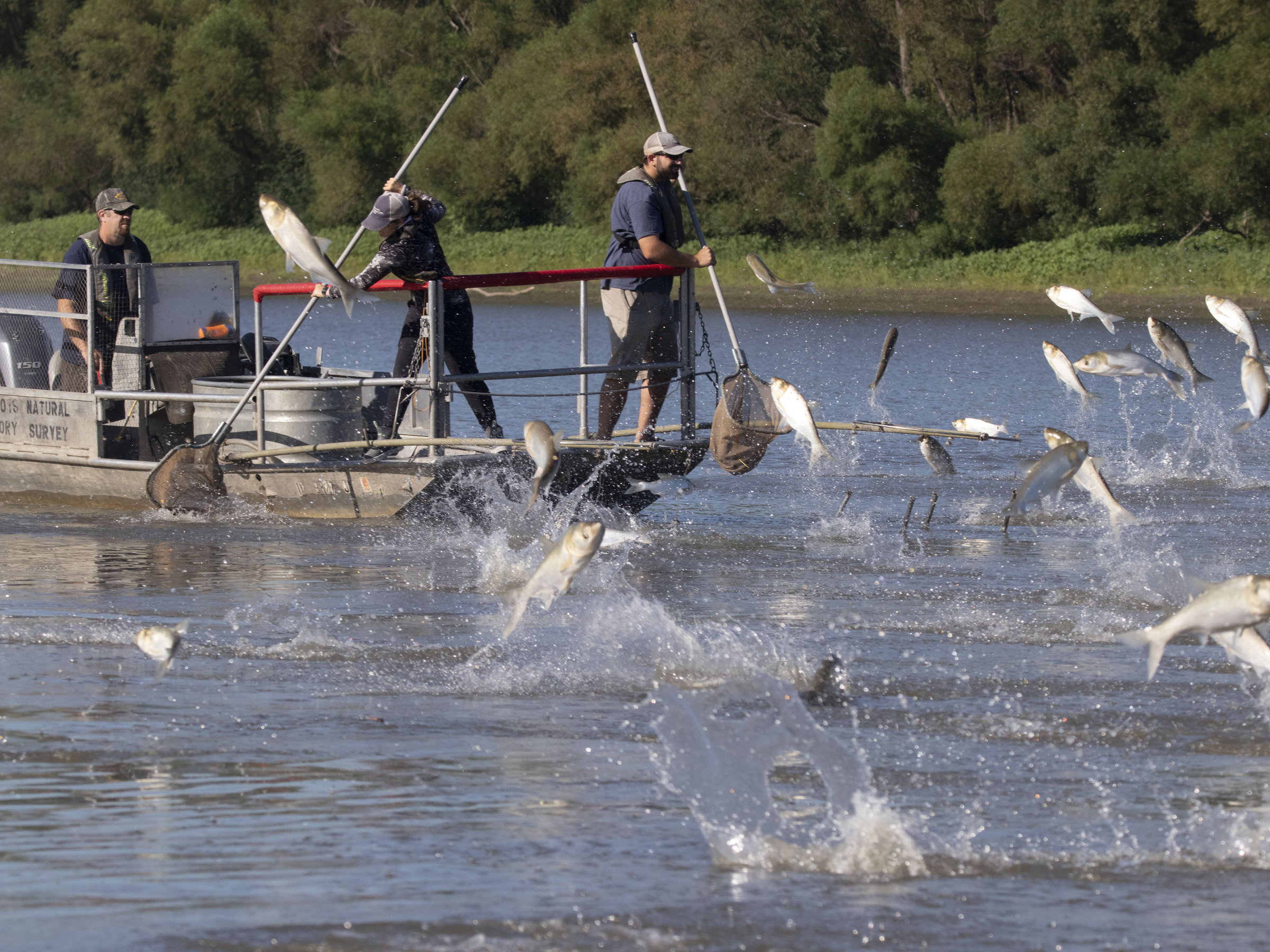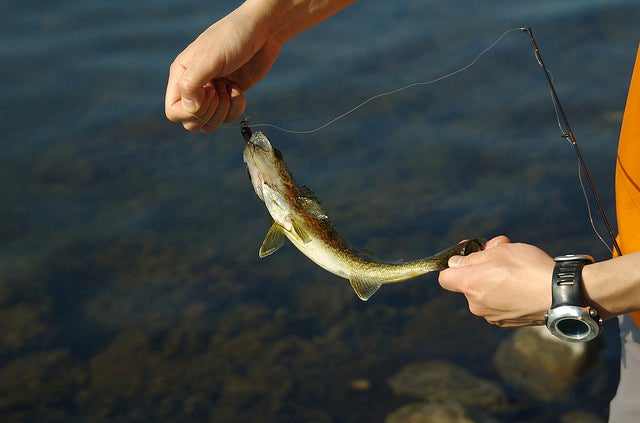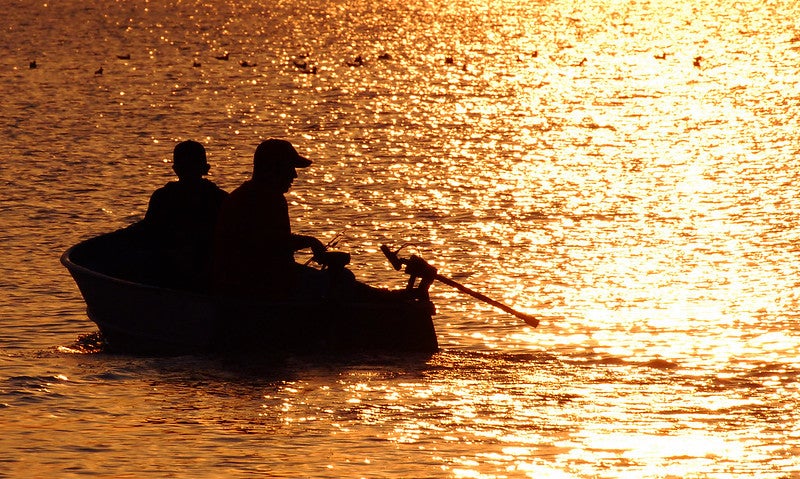Officials with the state Department of Natural Resources are working to decrease the number of bass in some northern Wisconsin lakes in hopes of increasing the walleye population, and a study is underway to see if those efforts are working.
DNR staff has started surveying around 20 lakes in northwestern Wisconsin to measure the growth of bass and walleye populations, two of the state’s most popular fish among anglers.
Fisheries research scientist Gretchen Hansen said that during the past 25 years, they’ve noticed a shift in lakes that have traditionally been dominated by walleye.
Stay informed on the latest news
Sign up for WPR’s email newsletter.
“So, we see decreasing adult densities as well as decreasing reproduction in walleye, and during that same time period, we see increasing bass populations, largemouth bass and smallmouth bass,” Hansen said.
DNR section chief Steve Hewett said there are likely many factors playing into the growing bass population in some lakes, including a persistent regional drought.
“Lake levels have been lower across much of northwest Wisconsin. At the same time, we’ve seen summers that have been warmer and more favorable to bass growth and warm falls that also help with good growth rates for bass.”
Those warmer temperatures which help bass are bad for walleye. To give walleye a better chance, DNR officials have begun stocking larger fingerlings of that species. Also, walleye size limits have been increased, while size limits on bass have been lifted on certain lakes.
Hewett said convincing anglers to keep small bass is the trick.
“People want to catch and keep a fish that is big enough to provide a meal. So, it is sort of difficult to convince anglers to start keeping some of the smaller fish,” he said.
Now, researchers will survey the lakes in the test annually to see whether the new regulations are working.
The study is expected to continue for the next five to 10 years.
Wisconsin Public Radio, © Copyright 2025, Board of Regents of the University of Wisconsin System and Wisconsin Educational Communications Board.

